Florida Hunting Guide
With its diverse coastal and inland landscapes, Florida offers a wide variety of hunting opportunities. Its unique geography supports several different popular species. This and the state’s permissive gun laws make it a popular hunting destination.
What to Hunt
Florida’s unique landscape provides hunting opportunities for a wide variety of popular game species.
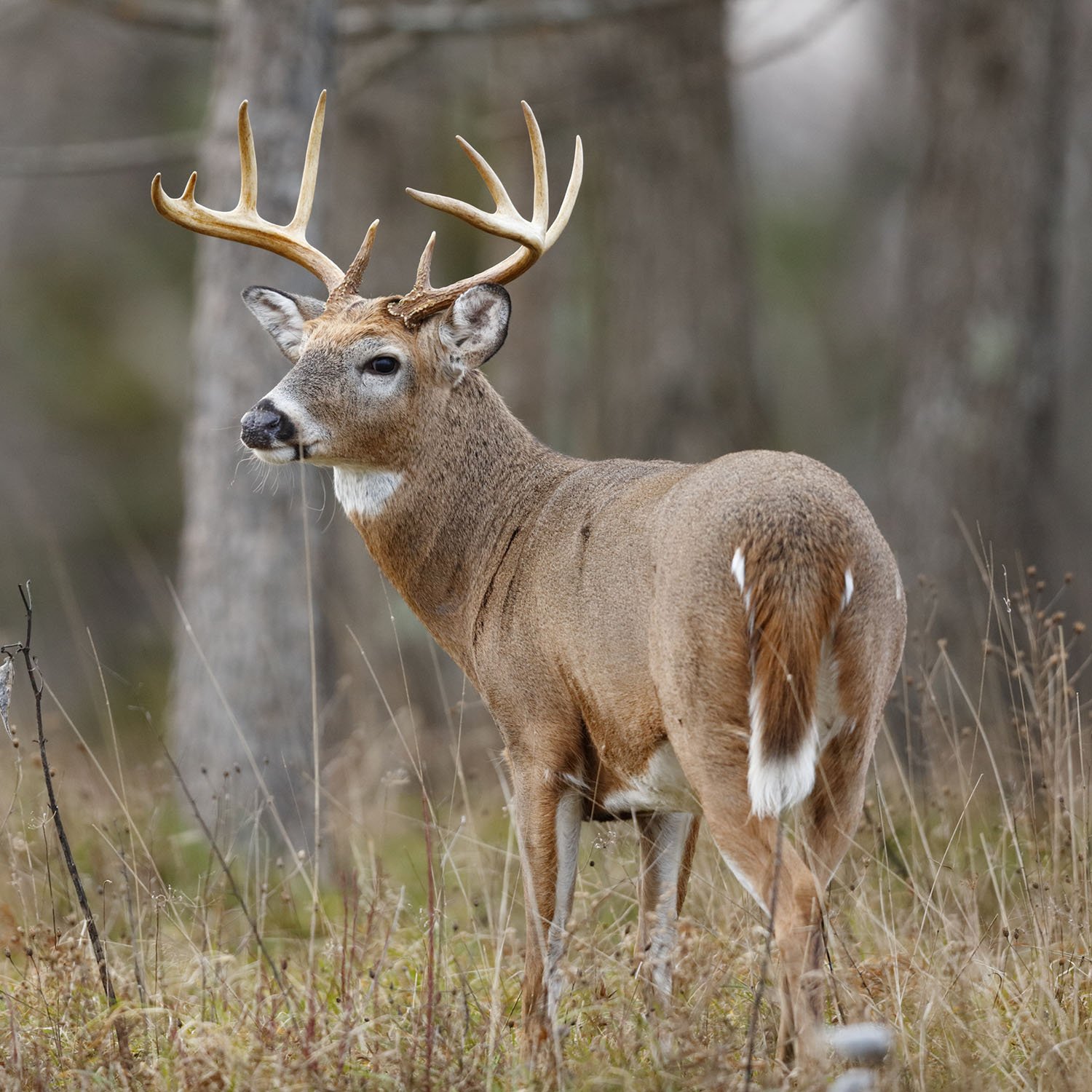
Whitetail Deer
Florida supports a healthy deer population, though regulations and zoning can be very complex, and the hot weather can be a hindrance. There is a daily bag limit of two deer, and an annual bag limit of five deer, of which a maximum of two can be antlerless. Youth under 15 may harvest deer other than spotted fawn, and must be supervised by an adult. Florida offers a youth deer hunting weekend, where youth have a bag limit of one deer.
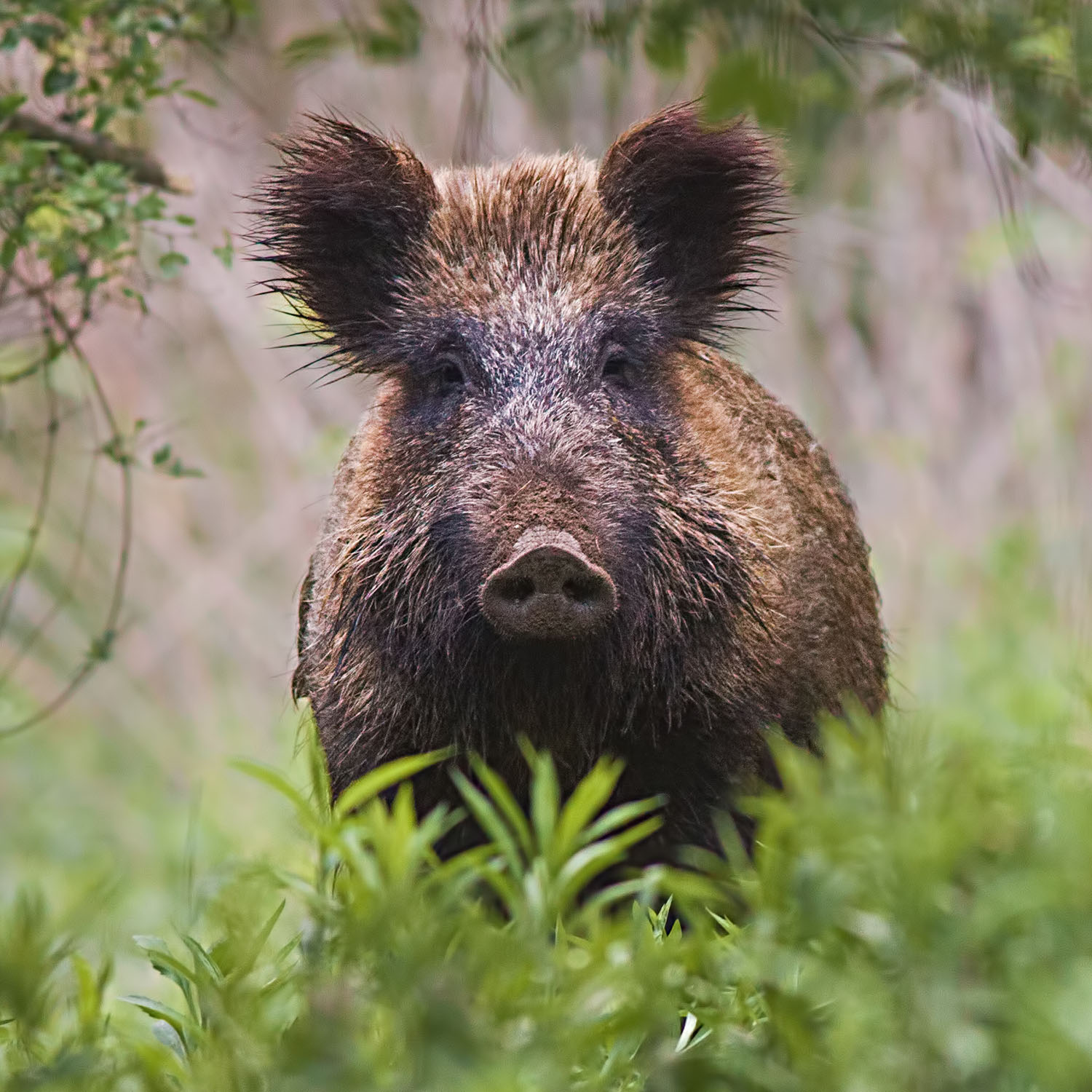
Wild Hog
Hogs live in all 67 of Florida’s counties. Florida defines a wild hog as any hog that is free-roaming and cannot be legally claimed under any person’s ownership. Wild hogs are an invasive, destructive species. Hunters may use any legal rifle, shotgun, crossbow, bow, pistol, or air gun (including airbow). There is no bag limit. They may also be trapped using live traps such as box traps, cage traps, and corral traps.
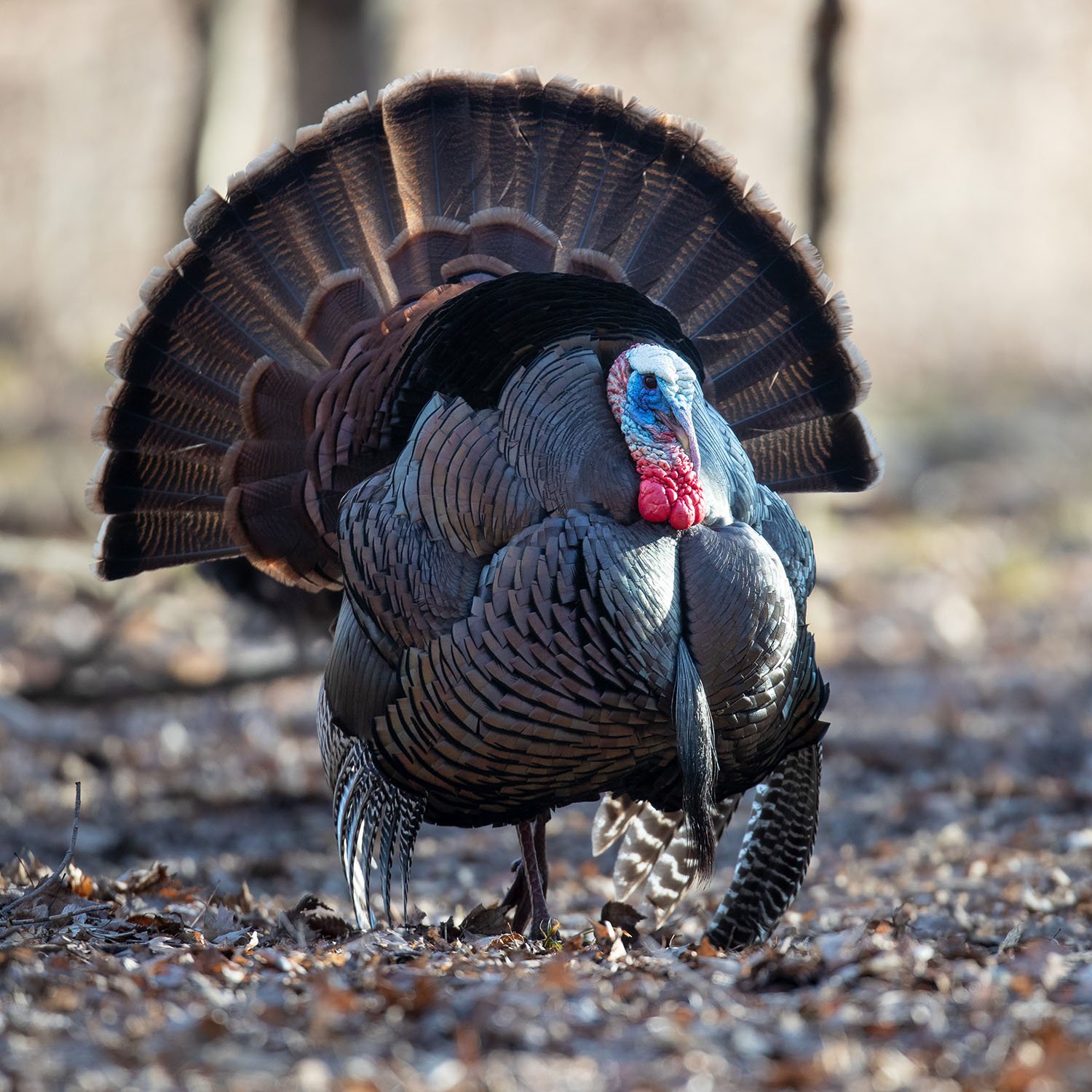
Turkey
Osceola turkeys can be found on the Florida peninsula, while Eastern turkeys can be found near the state’s panhandle. Hunters may only take bearded turkeys and gobblers. There is a bag limit of two and a season and possession limit of two on lands outside oof the Wildlife Management Area system. Decoys are permitted, but dogs, recorded turkey sounds, and shooting roosting turkeys are not permitted.
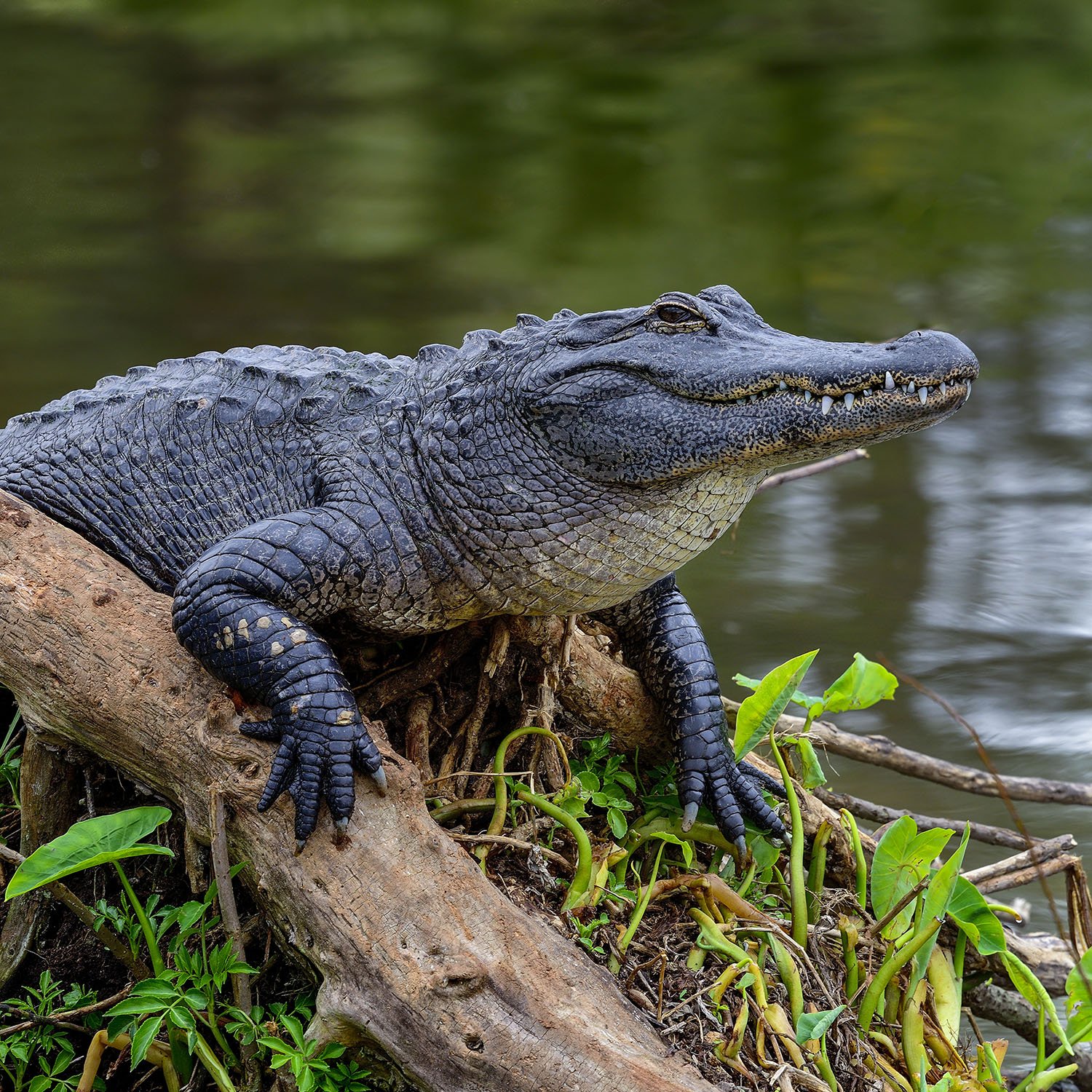
Alligator
Alligators can be found in all 67 Florida counties. Florida has implemented a statewide alligator harvest program to encourage sustainable population control. A limited number of alligator tags can be obtained through this program each year. Each year, 15,000 applicants apply for 7,000 alligator permits. The permits allow each hunter to harvest two alligators. Alligator season runs from August to November, and permits are staggered throughout this season.
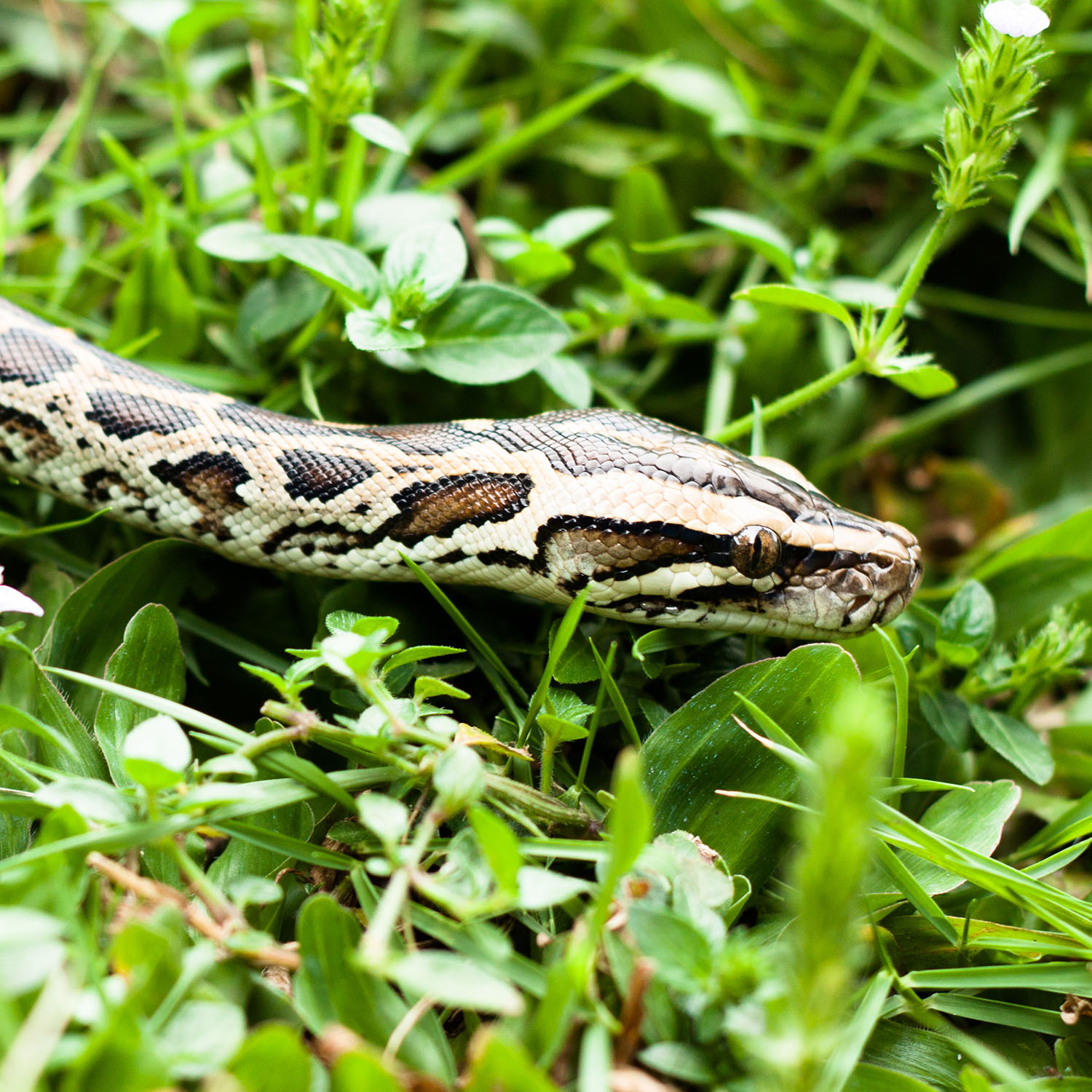
Burmese Python
Burmese pythons are found in and around the Everglades. There are no bag limits on pythons. They can be hunted throughout the year in any of Florida’s 25 Wildlife Management Areas, Public Small Game Hunting Areas, and Wildlife and Environmental Areas. Burmese pythons are an invasive species and threaten native wildlife. Pythons can be killed humanely on private lands at any time, as long as the landowner gives permission. Hunters may not use traps or firearms, unless specific area regulations allow for this.
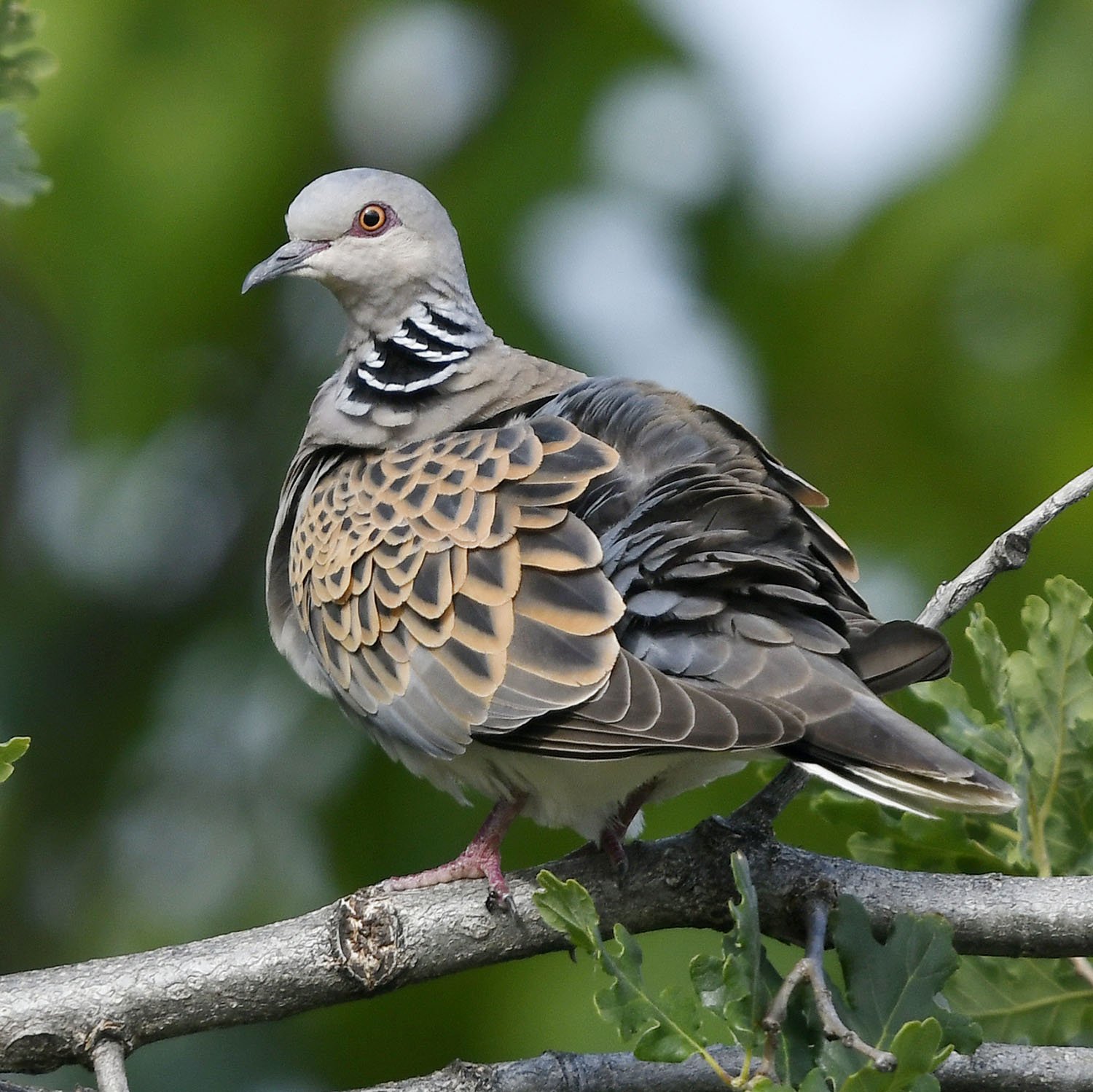
Dove
Florida supports both resident and migratory populations of mourning doves and white-winged doves. The most significant dove hunting opportunities can be found near agricultural areas, where doves feed on nuts and seeds. In Florida, hunters may only use shotguns to take doves. Florida also offers limited entry permits for scheduled dove hunts that take place at Caravelle Ranch, DuPuis, Frog Pond, Hilochee, and Punta Gorda Wildlife Management Areas.
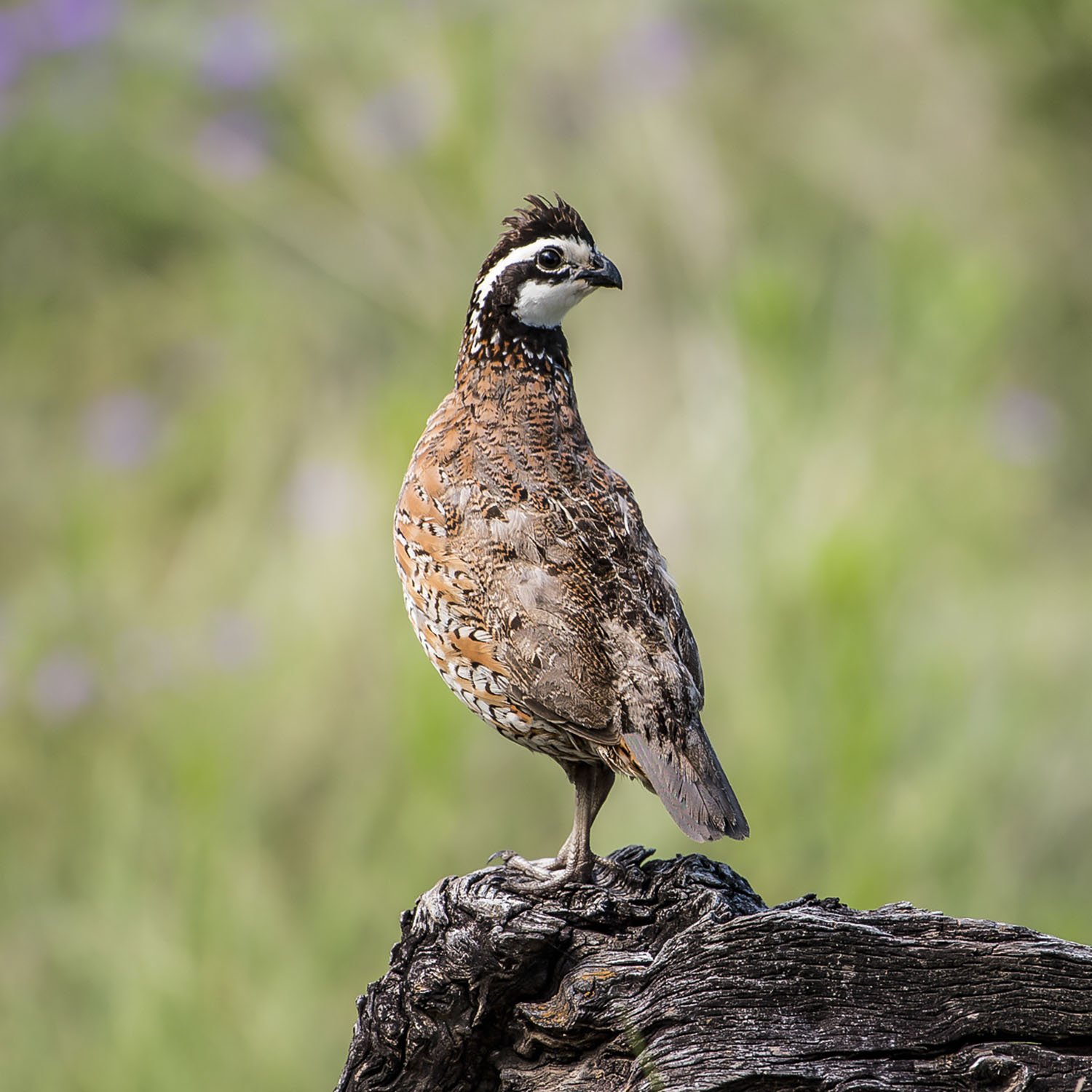
Quail
Quail can be found in flatwoods, prairies, scrub, and upland pine areas around Florida. They are a popular game species for Florida hunters. Florida also features five Quail Enhancement Areas that have favorable conditions maintained for the benefit of bobwhites.
Other Florida game species include: Gray Squirrel, Bobcat, Otter, Rabbits, Raccoons, Opossums, Skunks, Nutrias, Beaver, and Coyotes, Crow, Rail, Common Gallinule, Canada Goose, Duck, Snipe, Coot, Light Geese, Merganser, Woodcock, etc. found in the "Hunt Seasons" section at bottom of the page
Where to Hunt
Florida has large amounts of public land for hunters to enjoy. These are maintained by several different agencies and organizations.
Wildlife Management Areas
Florida has wildlife management areas that are open to hunters. However, to hunt on these areas, you must have a management area permit in addition to a hunting license. Entry limits are enforced during certain times of the year.
Military Bases
Three of Florida’s military bases are open to hunting as well, with certain restrictions in place. They are: Eglin Natural Resources, Avon Park Air Force Range, and Tyndall Air Force Base.
National Wildlife Refuges
There are eight national wildlife refuges in Florida open to hunting. They are: Chassahowitzka NWR, Ten Thousand Islands NWR, A.R.M. Loxahatchee NWR, Lower Suwannee NWR, Lake Woodruff NWR, Merritt Island NWR, St. Marks NWR, and St. Vincent NWR.
Licensing Fees
Any hunter between the ages of 16 and 65 is required to have a hunting license in the state of Florida.
| License | Fee |
|---|---|
| Annual Resident (Hunting) | $17.00 |
| Five-Year Resident | $79.00 |
| Annual Non-Resident | $151.50 |
| Ten-Day Non-Resident | $46.50 |
| Resident Youth Hunting License | $17.00 |
| Wildlife Management Area Permit (Annual) | $26.50 |
| Five-Year (Resident Only) | $126.50 |
Hunter Education
Anyone born on or after June 1, 1975, and 16 years or older, is required to pass a hunter’s safety course prior to obtaining a hunting license in Florida. Florida also offers several, optional youth and junior hunter education programs. A bowhunting course is also available.
Youth Hunting
Mentored youth hunting opportunities are available in Florida. These programs and hunt days are open to anyone between 12 and 17 years old who has passed a hunter safety course and is supervised by a parent or guardian.
Youth hunters between the ages of 8 and 15 can apply for a youth hunting license. Youth under the age of 16 are not required to have a hunting license, but they must be accompanied by a qualified adult hunter.
Trapping
Florida classifies the following animals as fur-bearing mammals for the purpose of trapping: bobcat, otter, raccoon, opossum, coyote, beavers, skunks, nutria, minks, weasels, and muskrats. A trapping license is required to take any of these animals by means of a trap.
Hunting Seasons
| Game | Season |
|---|---|
| Deer* | Jul 29 2023 - Feb 25 2024 |
| Turkey* | July 29 2023 - Jan 28 2024 |
| Feb 25 2023 - Apr 23 2023 | |
| Gray Squirrel | Oct 14 2023 - Mar 3 2024 |
| Quail | Nov 11 2023 - Mar 3 2024 |
| Bobcat | Dec 1 2023 - Mar 31 2024 |
| Otter | Dec 1 2023 - Mar 1 2024 |
| Rabbits, Wild Hogs, Raccoons, Opossums, Skunks, Nutrias, Beaver, and Coyotes | Season Open Year Round |
| Crow | Aug 12 2023 - Oct 29 2023 |
| Nov 11 2023 - Feb 18 2024 | |
| Rail (King and Clapper) | Sep 1 2023 - Nov 9 2023 |
| Rail (Sora and Virginia) | Sep 1 2023 - Nov 9 2023 |
| Common Gallinule (Moorhen) | Sep 1 2023 - Nov 9 2023 |
| Canada Goose (W) | Sep 2 2023 - Sep 24 2023 |
| Nov 18 2023 - Nov 26 2023 | |
| Dec 1 2023 - Jan 30 2024 | |
| Duck (W) | Sep 16 2023 - Sep 22 2023 |
| Sep 21 2023 - Sep 24 2023 | |
| Nov 18 2023 - Jan 28 2024 | |
| Dove (Mourning and White-winged) | Sep 23 2023 - Oct 15 2023 |
| Nov 11 2023 - Dec 3 2023 | |
| Dec 19 2023 - Jan 31 2024 | |
| Snipe | Nov 1 2023 - Feb 15 2024 |
| Coot | Nov 18 2023 - Nov 26 2023 |
| Dec 9 2023 - Jan 28 2024 | |
| Light Geese (Snow, blue and Ross') (W) | Nov 18 2023 - Nov 26 2023 |
| Dec 9 2023 - Jan 28 2024 | |
| Merganser (W) | Nov 18 2023 - Nov 26 2023 |
| Dec 9 2023 - Jan 28 2024 | |
| Woodcock | Dec 18 2023 - Jan 31 2024 |
*Hunting dates for this species may vary by zone, method of take, or subspecies of animal. Visit the state’s website here to find out more.
Disclaimer: The information provided here is not to be construed as legal advice or acted upon as if it is legal advice: it is provided for informational purposes only. While we strive to provide accurate, up-to-date content, we cannot guarantee the accuracy, completeness, or currency of the information.